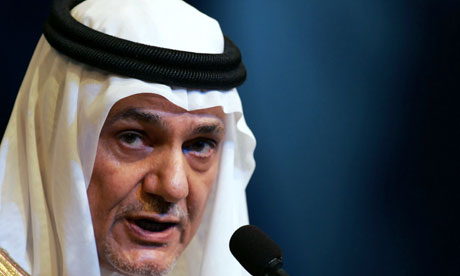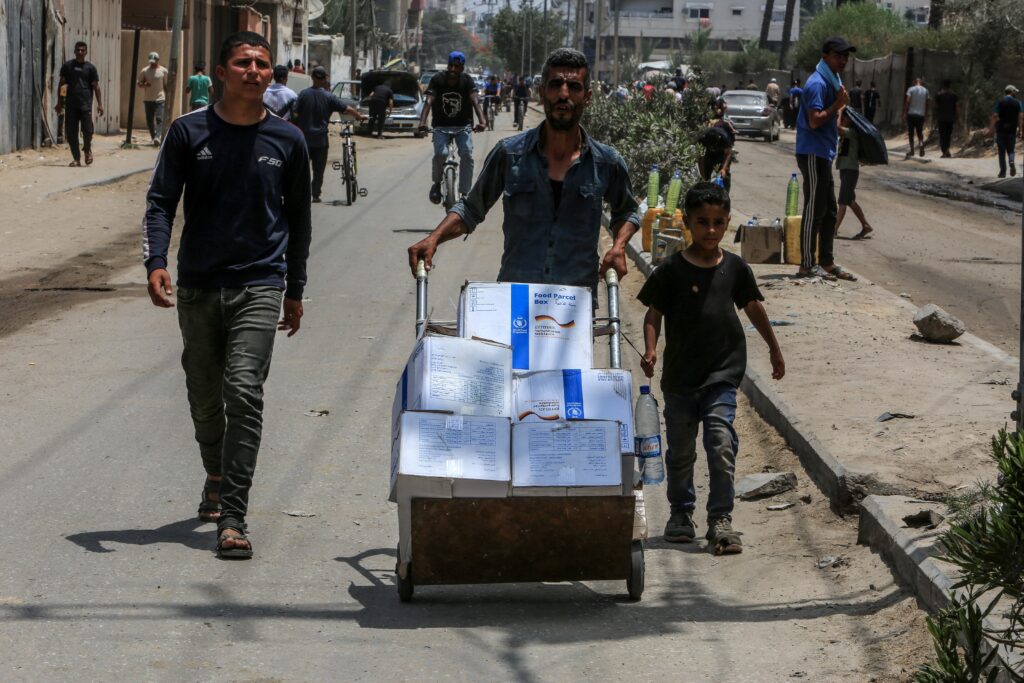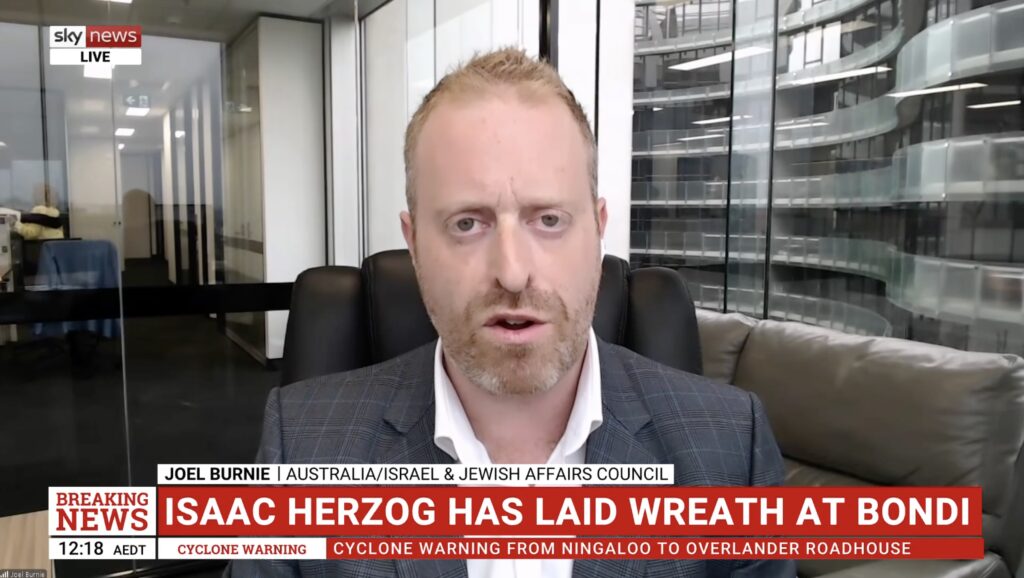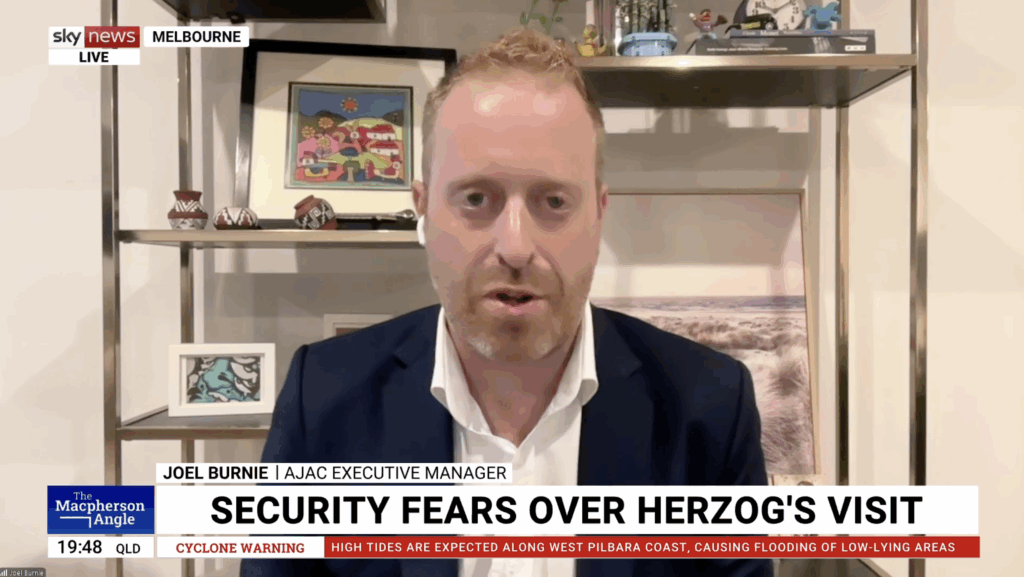UPDATES
Saudi proliferation fears as Iran tests missiles
June 30, 2011 | Daniel Meyerowitz-Katz

One of the strongest arguments in favour of preventing Iran from gaining nuclear weapons, at all costs, is the fear that, were Iran to develop a nuclear arsenal, the balance of power in the Middle East would be severely undermined and as a result, other countries in that region would quickly start working on their own programs. This would lead to a far more dangerous world – where unstable regimes are in possession of the most devastating weapons known to humanity.
At a recent meeting in the UK, a Saudi diplomat has confirmed that if Iran were to develop nuclear capibilities, Saudia Arabia would be compelled to do the same. The Guardian reports:
Prince Turki al-Faisal, a former Saudi intelligence chief and ambassador to Washington, warned senior Nato [sic] military officials that the existence of such a device “would compel Saudi Arabia … to pursue policies which could lead to untold and possibly dramatic consequences”.
He did not state explicitly what these policies would be, but a senior official in Riyadh who is close to the prince said yesterday his message was clear.
“We cannot live in a situation where Iran has nuclear weapons and we don’t. It’s as simple as that,” the official said. “If Iran develops a nuclear weapon, that will be unacceptable to us and we will have to follow suit.”
Meanwhile, Britain’s Foreign Secretary, William Hague, has recently indicated that Iran now has ballistic missiles that are capable of carrying a nuclear payload.
Iran has carried out secret tests of ballistic missiles capable of delivering a nuclear payload in breach of UN resolutions, British Foreign Secretary William Hague said Wednesday.
Hague’s comments came a day after Iran’s elite Revolutionary Guards said they had fired 14 missiles in an exercise, one of them a medium-range weapon capable of striking Israel or US targets in the Gulf.
The possible consequences of a nuclear Middle East include small groups of extremists, who are accountable to no-one, getting their hands on these weapons. Unlike states, terrorists can not be deterred or “contained” through policies such as “mutually assured destruction”. As nuclear proliferation spreads through the Arab States, the chances of a nuclear terror scenario will increase exponentially.
For this reason, it is essential that the Iranian nuclear program is ended. Trying to “contain” a nuclear Iran would be a devastating mistake.
Tags: International Security





